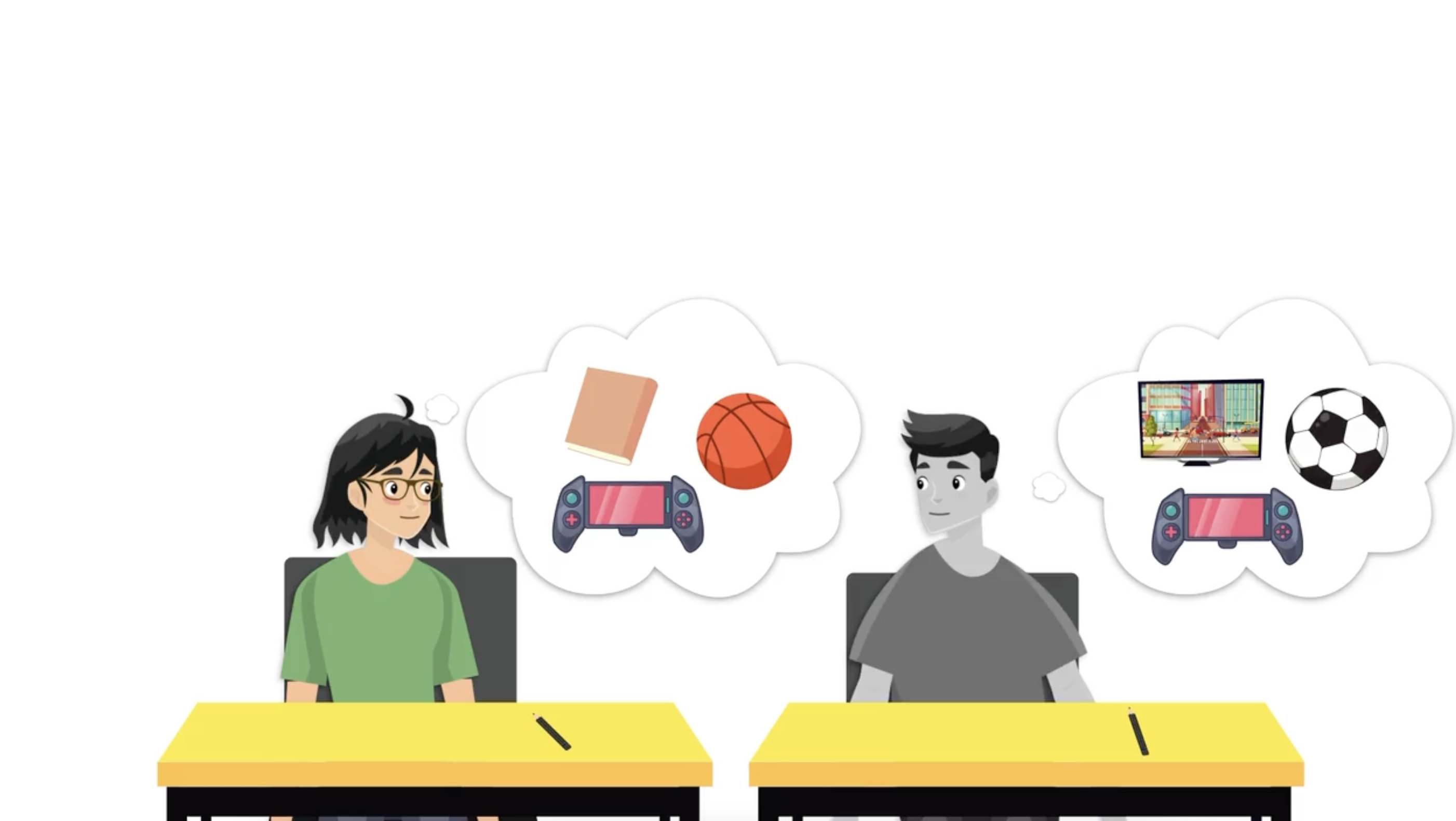
Introduction
Friendships play a crucial role in the social-emotional development of students. As they navigate through school life, it’s essential for them to form meaningful connections with peers who share their values and support their growth. In this blog post, we’ll explore the importance of choosing friends wisely and provide an easy, no-prep activity for School Psychologists to use with their students. We’ll also discuss several related skills and offer additional resources to help students in their journey of forming healthy friendships.
No-Prep Activity: The Friend Filter
This simple activity requires no materials or preparation and can be used to help students think critically about their friendships. Begin by asking students to imagine they have a “friend filter” that helps them determine if someone is a good fit for them as a friend. Have them consider the following aspects:
- Shared interests and hobbies
- Similar behavior and attitude towards school
- Common experiences, such as classes or extracurricular activities
- Respect for others, including adults and peers
Encourage students to think about which of these factors are most important to them when choosing friends. Then, have them use this “friend filter” to evaluate their current friendships or potential new ones. This activity can be done individually, in pairs, or small groups.
Discussion Questions
- Why is it important to choose friends who are a good fit for us and share our values?
- What are some potential challenges or consequences of forming friendships with individuals who don’t share our values or interests?
- How can we maintain our individuality while still forming close connections with others who have similar interests and values?
- How can we support a friend who is struggling in school or facing challenges in their personal life?
- What are some ways we can be a good friend to others and help them feel supported and valued?
Related Skills
In addition to learning how to choose the right friends, students can benefit from developing other social-emotional skills. Some of these include:
- Communication: Being able to express thoughts and feelings effectively and listen actively to others.
- Empathy: Understanding and sharing the feelings of others, and showing compassion in challenging situations.
- Conflict Resolution: Handling disagreements in a constructive manner and seeking mutually beneficial solutions.
- Assertiveness: Standing up for oneself and expressing personal boundaries while respecting the rights and feelings of others.
Next Steps
As a School Psychologist, you play a vital role in supporting students’ social-emotional development. By helping them choose friends wisely and develop related skills, you can contribute to their overall well-being and success in school. To access more resources, including free samples of lessons and activities focused on these skills and others, visit Everyday Speech’s sample materials.

